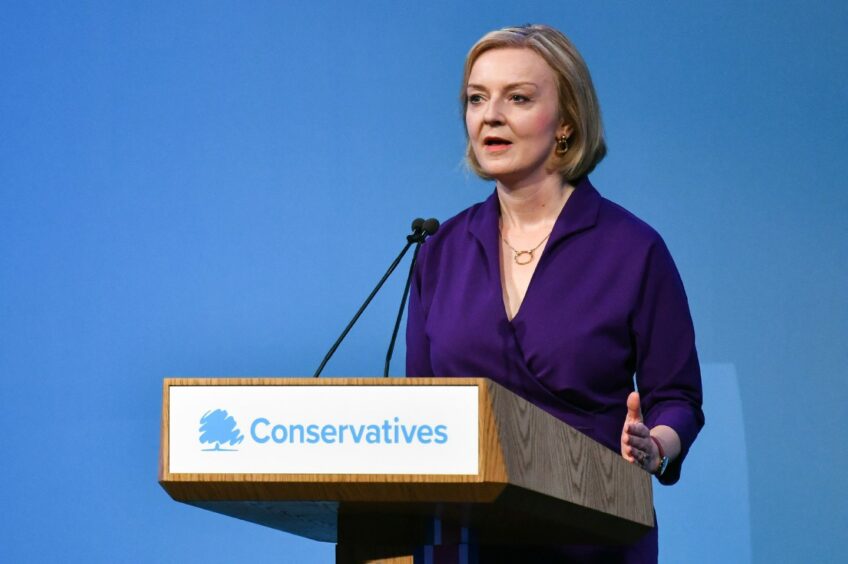
Incoming UK Prime Minister Liz Truss is finalizing plans for a £40 billion ($46 billion) support package to lower energy bills for businesses.
Truss is considering two options, one of which is a cap on firms’ energy costs similar to a proposal that would protect British households. The other option is a percentage or unit price reduction that all energy suppliers must offer companies, according to documents seen by Bloomberg.
The government would reimburse energy suppliers for their losses, under the plans, and the price of energy charged to businesses would be reviewed quarterly.
Very small businesses could receive even more help, possibly in the form of a lower price cap. Ministers have a “key objective” to give local firms — such as fish and chip shops, and independent pubs — the same protection as households, the documents said.
The incoming government is planning on capping average annual household energy bills at or below the current level of £1,971, Bloomberg reported Monday. The move would prevent household bills from jumping 80% in October, after the regulator Ofgem said the price cap would rise to an average annual rate of £3,548 without further government intervention.
The protections for households and businesses will be announced in the coming weeks, and the aim is to implement both programs next month. While there is currently no price cap for businesses, many companies’ energy contracts tend to be renewed in October, the documents said. Officials are in the process of drafting emergency legislation.
A spokesperson for Truss declined to comment.
Factories and hospitality
Energy prices have soared since Russia’s invasion of Ukraine, triggering warnings that thousands of businesses may go bankrupt.
Limiting households’ bills could cost as much as £130 billion over the next 18 months, according to policy documents seen by Bloomberg. The cost of the plan to protect businesses will range from £21 billion to £42 billion over six months, depending on how low the cap is set. Over a year, the estimated costs to the government range from £28 billion to £67 billion.
The plan for business is cheaper than Truss’s proposal to help households because industrial users are typically able to negotiate lower energy prices.
The unit price could be further reduced for some sectors in order to target support for industries that are particularly vulnerable to high prices, including factories, hospitality and leisure. Companies with low energy costs relative to revenues and profits, such as financial services firms, may not require support, according to the documents.
Recommended for you
